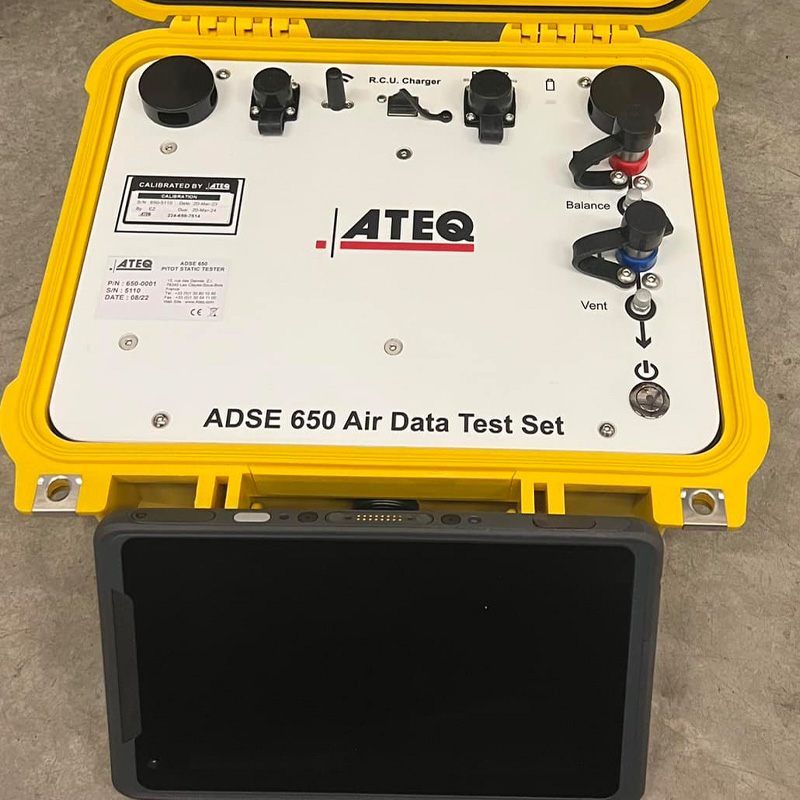IFR CERTIFICATION
Per the Federal Aviation Regulations (14 CFR 91.413), all transponder-equipped aircraft must have their transponders tested and certified every two years. This requirement is in addition to the biennial altimeter and encoder checks mandated by 14 CFR 91.411 and 91.217 for aircraft intended to be operated under Instrument Flight Rules (IFR). It's important to note that these requirements also apply to experimental aircraft.

ATC TRANSPONDER TESTS AND INSPECTIONS
Transponders (FAR 91.413): The transponder must be inspected every 24 calendar months. FAR 43 Appendix F, ATC Transponder Tests and Inspections, lists the items that must be checked. To use a transponder, it must be inspected every 24 calendar months.
Encoder (Mode C) Data - Transponder to Encoder Altitude Data Code lines are tested at every altimeter test point to the maximum ceiling of the IFR Pitot Static Test. This test is done at the same time as the altimeter test is done.
Transponder Inspection - The transponder inspection consists of testing of the radio portion of the transponder. Functions such as Frequency, Power Output and Side Lobe Suppression are scrutinized during this test.

ALTIMETER SYSTEM TEST AND INSPECTIONS
Altimeter (FAR 91.411): The aircraft's static system, altimeter, and automatic altitude-reporting (Mode C) system must have been inspected and tested in the preceding 24 calendar months before flying IFR in controlled airspace. FAR 43 Appendix E, Altimeter System Test and Inspection, lists the items that must be checked.

PITOT STATIC CHECK
Unpressurized and pressurized aircraft's Pitot & Static Systems are both required per FAA regulation to pass Pitot Static System Leak Checks. Pressurized aircraft are tested at much higher altitudes than their unpressurized counterparts. Their allowable leak rates are much smaller (usually 2% of simulated altitude loss in one minute). Unpressurized airframe pitot static systems must be evacuated to an altitude equivalent to 1000 feet above airfield elevation and the static system must not drop more than 100 feet in one minute as indicated on the altimeter.
Looking to ensure your aircraft is IFR-certified and ready for the skies? Trust Roger Wilco Aviation to meet all your IFR certification needs with precision and expertise. Contact us today to schedule your inspection and certification process. Click the button below to get in touch with us now!
Contact Us